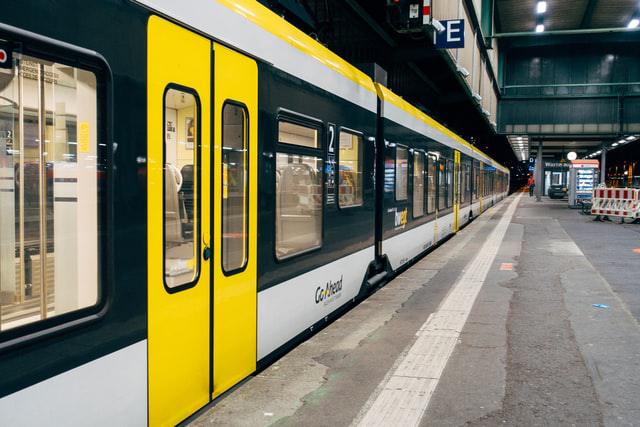Transport System
Projects > Transport System
Reduce energy consumption and carbon dioxide emissions associated with transport.
The UN Intergovernmental Panel on Climate Change (IPPC) warned that global warming could reach 1.5℃ as early as 2030. The landmark report by leading scientists urged nations to do more. This report underlines that we have 12 years, to contain greenhouse gas emissions. This includes serious efforts to reduce transport emissions.
Public transport contributes approximately 25% of all energy related CO2 emissions worldwide. Electric public transport is a super solution that could reduce 250 million tonnes of carbon emissions by 2030 and it has a lot more benefits. Addressing the climate emergency by reducing global transport emissions requires a combination of improvements, addressing clean fuels, vehicle efficiency, how we build cities, and how we move people and goods. The IPPC report outlined that direct (tank-to-wheel) greenhouse gas (GHG) emissions from passenger and freight transport can be reduced by :-
- Avoiding journeys where possible
- Modal shift to lower-carbon transport systems
- Lowering energy intensity
- Reducing carbon intensity of fuels
Sustainable High Level Objectives - Transport
One of the ten measurement categories outlined in our Sustainable Business Strategy is Transport. In our Sustainability Policy Statement, we have made a firm commitment to improving resource efficiency including use of water, energy (including transport related energy usage); and raw materials, across our corporate and project activities. We have set out the following high-level objectives for transport in our Sustainable Business Strategy.

- Project Activities
- Corporate Activities
Propose improvements to our clients’ projects to promote active travel and develop sustainable low-carbon transportation systems.
Reduce our energy consumption for business travel by utilizing digital technologies and prioritizing low-emission modes of transport.
